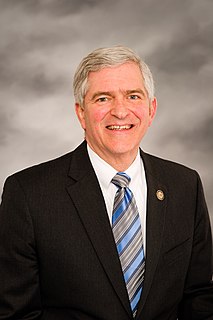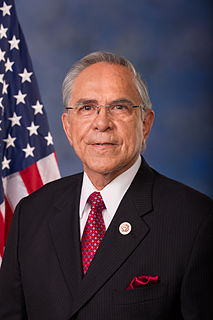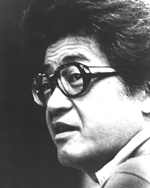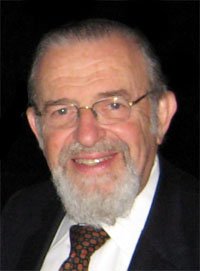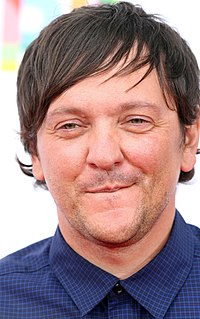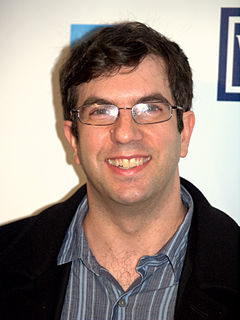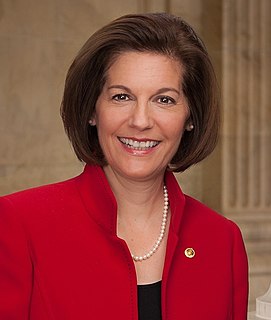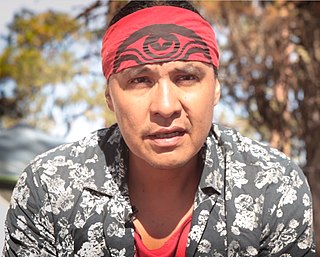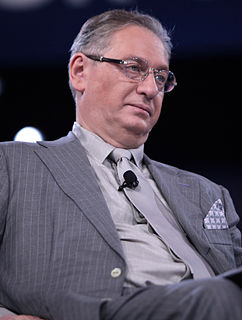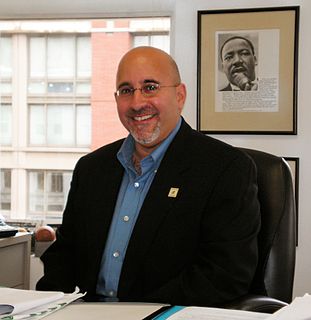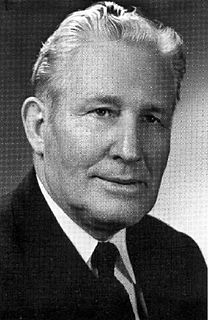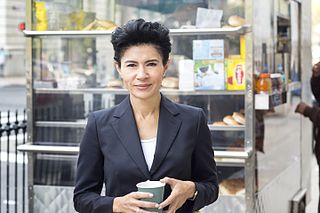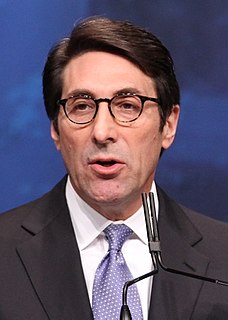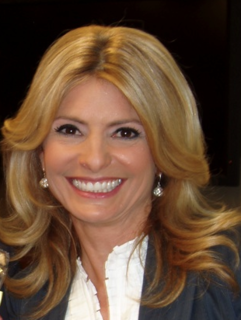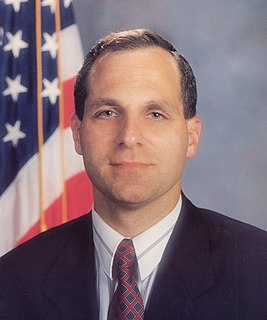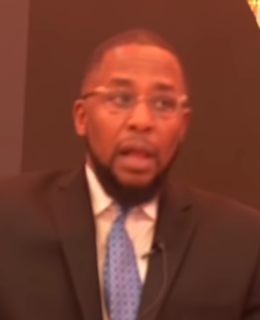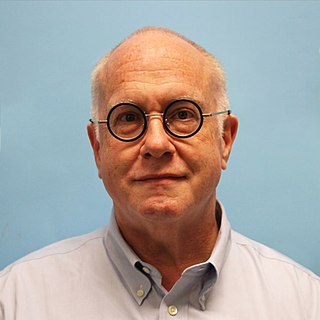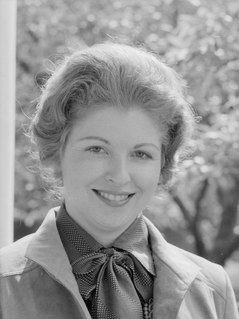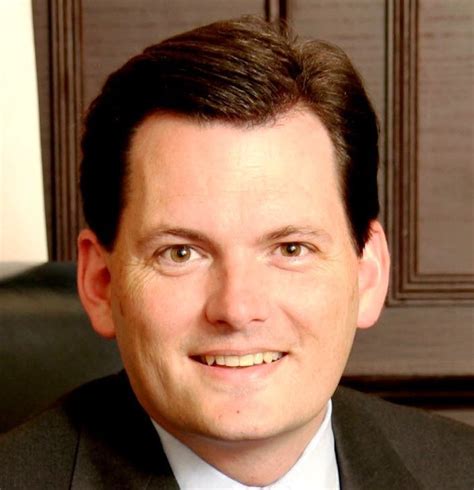A Quote by Daniel R. White
Law school has been described as a place for the accumulation of learning. First-year students bring some in; third-year students take none away. Hence it accumulates.
Related Quotes
What I am going to tell you about is what we teach our physics students in the third or fourth year of graduate school... It is my task to convince you not to turn away because you don't understand it. You see my physics students don't understand it... That is because I don't understand it. Nobody does.
Public education for some time has been heavily focused on what curricula we believe will be helpful to students. Life-Enriching Education is based on the premise that the relationship between teachers and students, the relationships of students with one another, and the relationships of students to what they are learning are equally important in preparing students for the future.
I was terrible student. I was capable, but I never like being told what to do, so I was always in the bottom class at school. In Australia, a lot of students study to the end of year 10, but don't go on to the final year, and I was asked to leave the school because they just thought I wasn't performing well enough. I used to sneak off to play piano, and defy the rules of the school.
The Wyoming game in 1974, my third year as head coach. My first year, we were 7-4; the second year, we went 5-6; the third year started out 0-3-1. Some of the players got together and had a team meeting to get a few things straightened out. Starting with the Wyoming game, we won 6 straight games and won our first conference championship, the second in BYU's history. We went to the Fiesta Bowl, the first of many bowl games for the Cougars.
What is wrong with encouraging students to put "how well they're doing" ahead of "what they're doing." An impressive and growing body of research suggests that this emphasis (1) undermines students' interest in learning, (2) makes failure seem overwhelming, (3) leads students to avoid challenging themselves, (4) reduces the quality of learning, and (5) invites students to think about how smart they are instead of how hard they tried.

